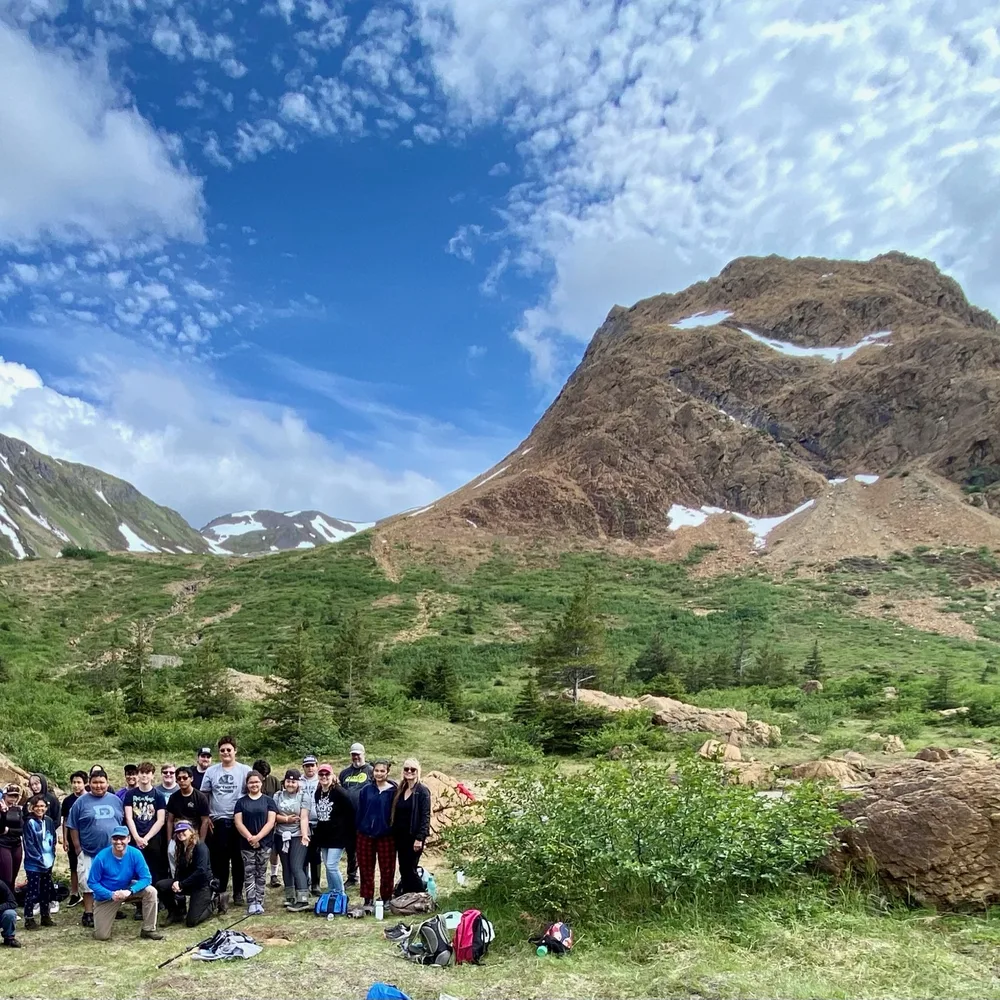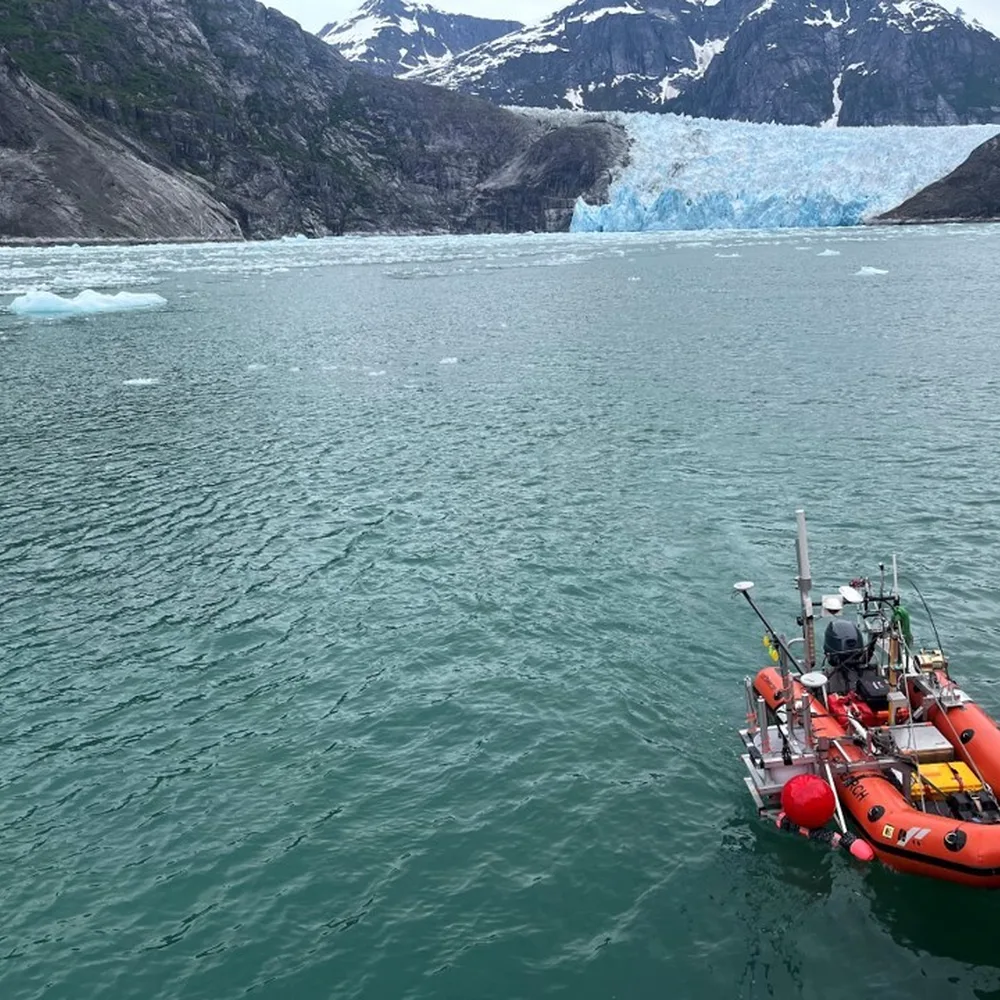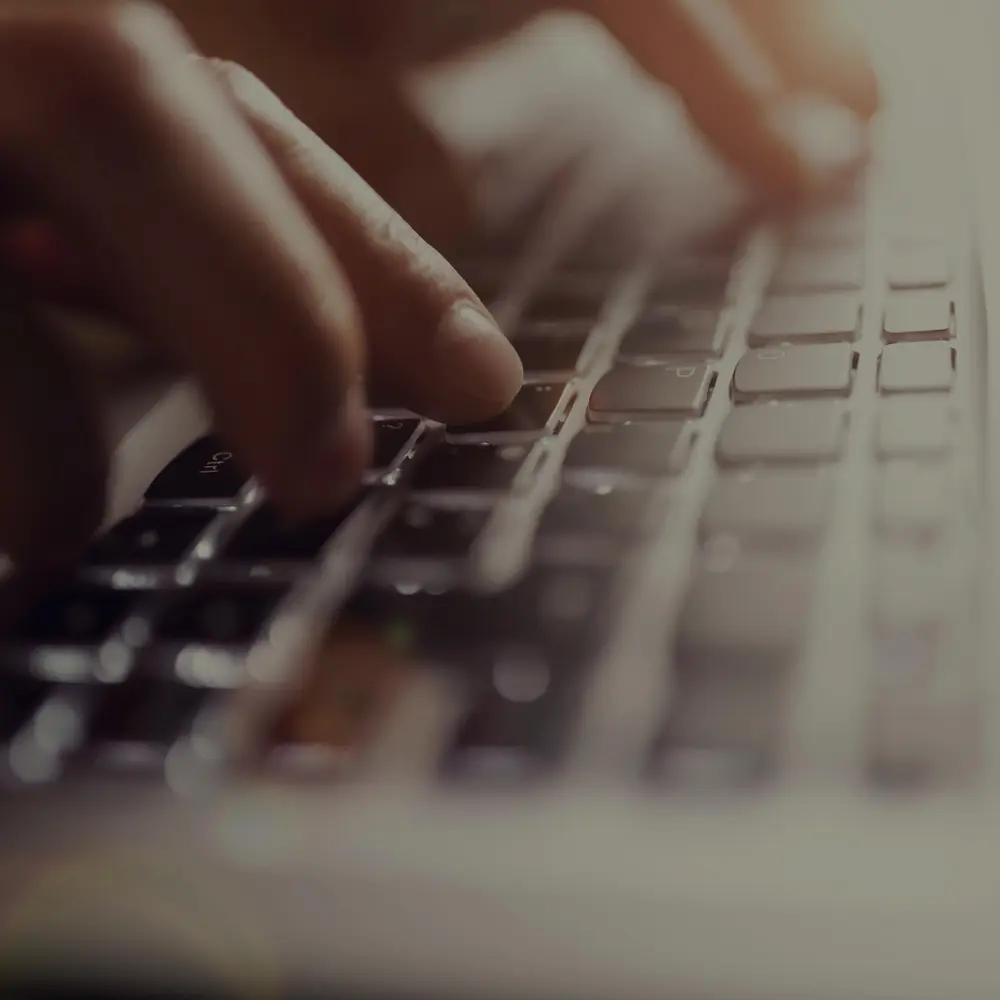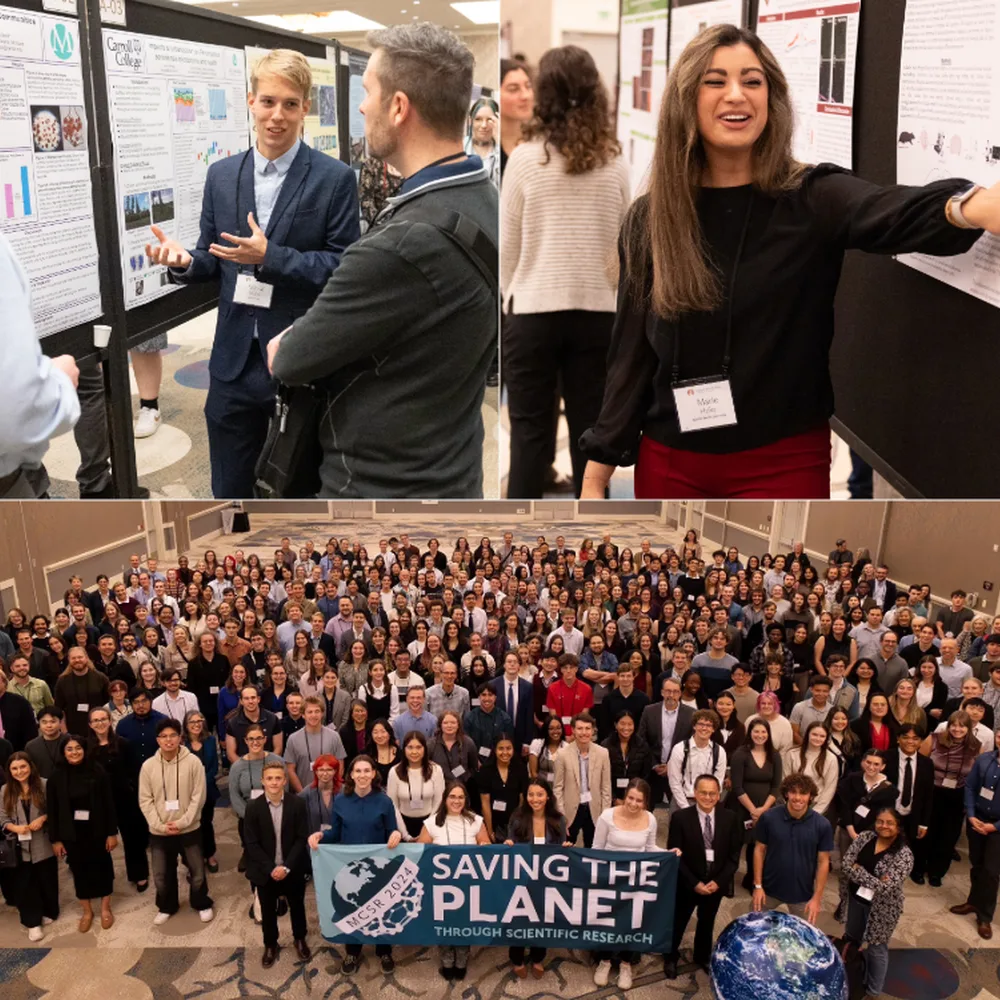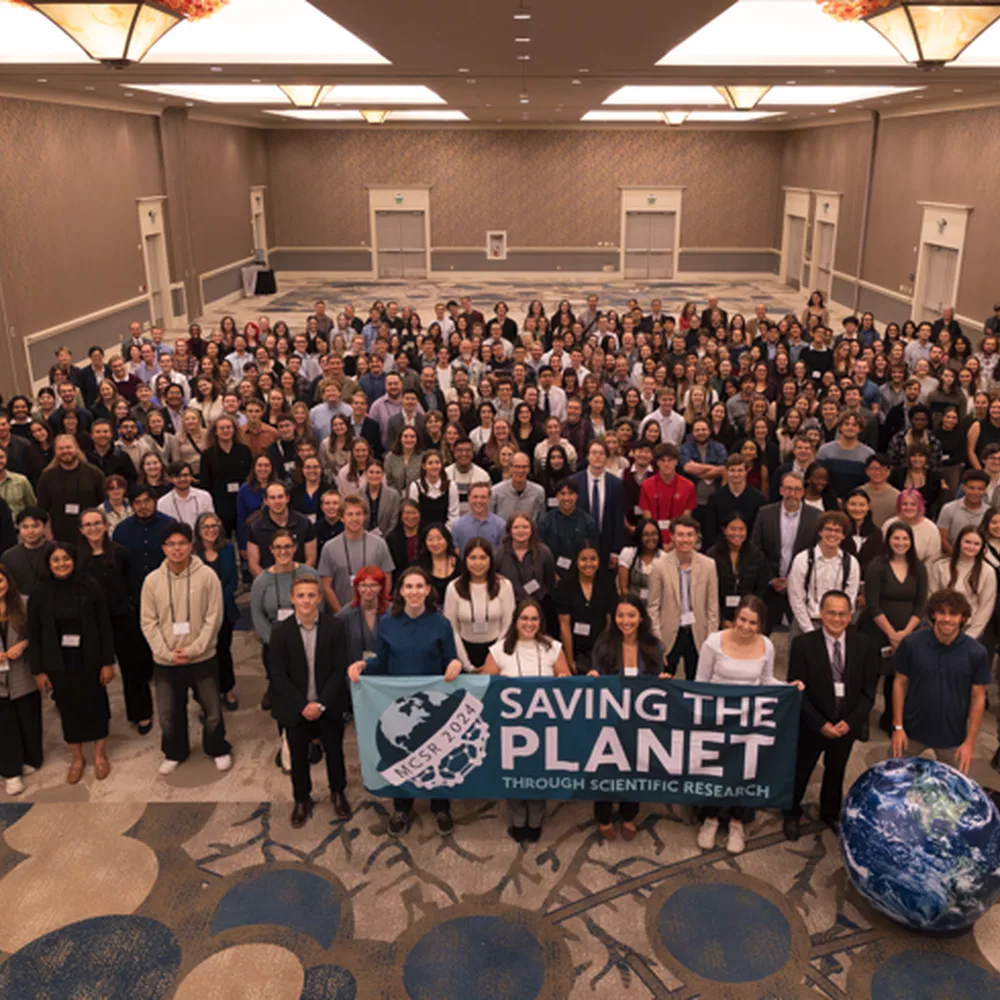Guest Post by Alec Hill
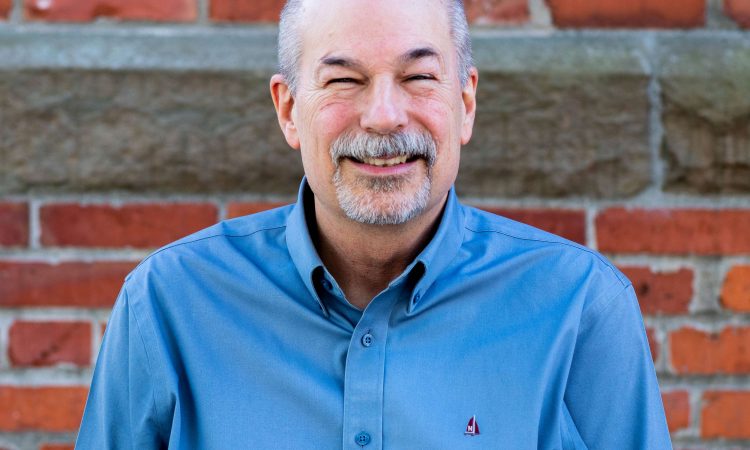
None of us ever expects to be involuntarily isolated. I certainly didn’t. But following a bone marrow transplant in 2015, I was quarantined for four months in hospital housing. Except for my wife, no visitors were allowed. Even after moving home, I remained in quasi-seclusion for another eight months. Why? Because my immune system was susceptible to germs and viruses.
In many ways, Covid-19 feels like déjà vu to me. Sheltering place? Been there, done that. Social distancing? Old hat. Carrying hand sanitizer? I should have purchased Purell stock.
With this personal history, what wisdom can I share?
Existential Slap #
An existential slap is a traumatic event that divides time into before and after. On an individual level, slaps include grave illnesses, divorces, and the loss of loved ones. On a societal level, 9/11, John Kennedy’s assassination, and Pearl Harbor readily come to mind.
Covid-19 is a collective existential slap. In years to come, we will look back on “pre-virus” and “post-virus” years. We have never before watched our children barred from school, our aging parents (or grandparents) denied visitation, or our sports teams idled. Losing so much control is upsetting.
Being unable to talk with others face-to-face is simply unnatural. Taking care of ourselves first – before others – is contrary to our moral fiber. Being disallowed to hug those we love violates every instinct in our bodies. Such restrictions make us feel restless, frustrated, and incomplete.
The first step in coping with massive disequilibrium is to name it and lament our loss. Existential slaps are real but they need not be debilitating.
Stillness #
A flaming extrovert, I am more inclined towards hyperactivity than sitting still. Yet suddenly, cancer thrust me into a very different life – one of quietude and reflection. I found myself journaling, reflecting, and reading a lot. In what could have been a desolate time, I was surprised by how much my soul grew. Rediscovering solitude lifted my spirit even as my body was restricted.
Covid-19 presents a similar opportunity. After muttering “if only I had more time” for so many years, a window is now open for us to experience a richer inner life. Rather than rushing ahead as usual – such as binge watching yet another Netflix series – why not relish this odd season as a gift of reflection?
As restrictions are slowly lifted, life will heat up for many of us. For some, things never slowed down at all. My advice? Try to carve out time to ponder the big questions of life – our sense of faith, calling, and relationships. What’s most important to us?
While only 25% of Americans have a clear sense of purpose in their lives, this figure jumps to 75% for cancer survivors. Why? Because an existential slap provides the perfect setting to step back and reflect on weightier matters.
The Stockdale Paradox #
It is only human to imagine that today’s experience will extend forever. For many, the virus presents a first brush with mortality. But even as we learn more daily about the global pandemic, we must never lose hope.
After the Vietnam War, author Jim Collins interviewed navy pilot James Stockdale. As the most senior American captive in the infamous Hanoi Hilton, he was regularly tortured. Living in a hell-hole for seven years, he had no reason to believe that he would ever make it home alive.
Despite horrific conditions, Stockdale tenaciously clung to the hope that he would one day see his family again. Rather than deny his circumstances, he faced the brutal facts of captivity. Collins labelled this odd combination of long-term optimism and short-term realism the “Stockdale Paradox.”
My cancer experience bears out the same pattern. For 40 days following my transplant, I was as sick as dog and didn’t know whether I would live or die. My reality was horrific. But, despite daily uncertainty, I retained hope for the future.
How does this apply to Covid-19? Long term, we must not lose faith that a vaccine is on the way (or that sufficient antibodies will kick in). That someday we will be able to hug family members, go to school, celebrate with friends, join work teams, and attend worship services.
At the same time, the paradox teaches us to face facts. If we act irresponsibly today, we will endanger the lives of others. If we deny the duration of the pandemic – probably another 6-18 months – we will grow frustrated and angry due to unrealistic expectations.
Service #
How did I psychologically survive eight months of “house arrest” in 2016? Two ways. First, though unable to be with others face-to-face, I connected on-line. As I began to mentor 15 rising leaders in my organization, Zoom became my life-line. Investing in others, I forgot about myself and awoke each morning with a sense of making a difference.
Second, I drafted a new edition of a business ethics book written two decades earlier. While mentoring provided an immediate sense of helping others, writing gave me a sense of serving students for years to come.
In this pandemic, each of us has the opportunity to care for others. Some of us do so through our work. Others volunteer to serve the less fortunate. Those of us in higher risk categories must be a bit more creative. We may call older friends and family members. Or dive into a long-delayed project that will bless others – such as drafting a family history, painting, writing poetry, or putting together a photo album.
Serving includes being kind to those closest to us. Relationships can either grow or regress in difficult times. My wife and I were cooped up together in a 1,000 square foot cancer housing apartment for four months. While this sounds like a recipe for marital disharmony, it actually brought us closer together. If our love could flourish under such dire circumstances, I am optimistic that the same is possible for others.
In sum, while Covid-19 is a people-killing and economy-ruining beast, we are not hapless. Given the right response, our sense of purpose can be sharpened, our spiritual lives renewed, and our efforts to help others make a real difference.
The post Pandemic Lessons from a Cancer Survivor appeared first on M. J. Murdock Charitable Trust.

